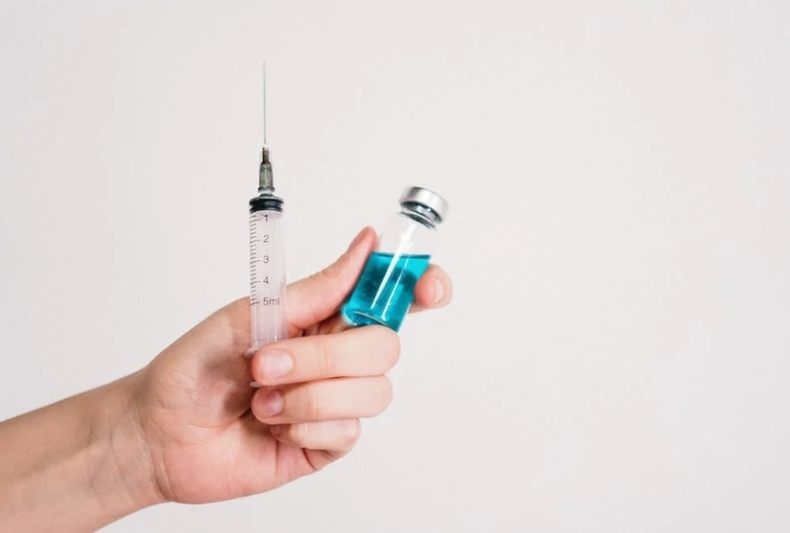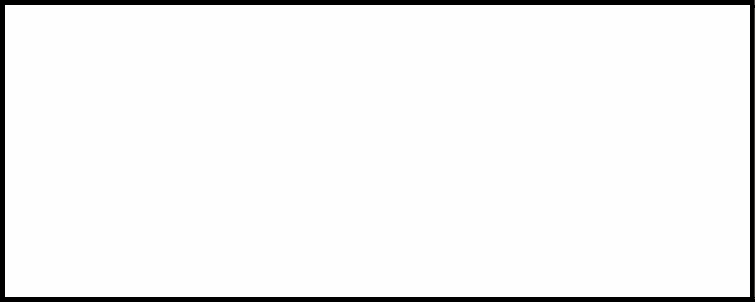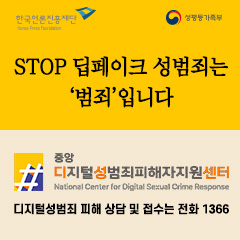
The government announced that it will implement the 2023-2024 seasonal influenza national vaccination from September 20th to April 30th of the following year. This year, as influenza continues to spread, it is important for individuals aged 65 and above, pregnant women, and children to actively receive preventive vaccinations. Let's address questions regarding preventive vaccinations through Q&A.
Q1. Who are the beneficiaries of this year's national influenza vaccination?
A. Children aged 6 months and above up to 13 years old, pregnant women, and individuals aged 65 and above are eligible for government-supported vaccinations.
Q2. Does getting vaccinated provide 100% protection against influenza infection?
A. After vaccination, it takes about two weeks for protective antibodies to form. Healthy adults are known to have a 70-90% preventive effect through vaccination. However, the effectiveness may vary based on factors such as the match between the vaccine and the circulating virus and individual immunity. Vaccination is crucial not only for preventing infection but also for reducing the risk of severe illness and death.
Q3. Where can one receive the government-supported vaccination, and how can one find out designated medical institutions for vaccination?
A. Vaccination is available at nearby public health centers or designated medical institutions regardless of the individual's residential address. To find out designated medical institutions, you can inquire at the relevant public health center or visit the Vaccination Assistance Portal (http://nip.kdca.go.kr).
Q4. Are the types of vaccines different between those provided by the government and those administered at private medical institutions for a fee?
A. No, they are not different. Some influenza vaccines are procured and distributed by the government through centralized purchasing (free vaccination), while others are purchased directly by designated medical institutions from manufacturers (paid vaccination).
Q5. With various vaccine options available, which vaccine is the most effective?
A. The effectiveness of all vaccines is the same. Protective antibodies are formed about two weeks after vaccination, and the effectiveness may vary based on factors such as the match between the vaccine and the circulating virus and individual immunity.
Q6. Is it possible to receive both COVID-19 and influenza vaccines simultaneously?
A. It is possible to receive the COVID-19 vaccine and influenza vaccine simultaneously. However, when inoculating them together, they should be injected into separate locations. Getting both vaccines allows for the prevention of each respective disease.
To ensure safe preventive vaccination, it is essential to confirm the vaccination recipients and the type of preventive vaccine at each stage, including registration, preliminary examination, and vaccination. Specifically, the vaccination recipients and vaccine types should be confirmed by the patient and the system during the vaccination process. Additionally, when receiving simultaneous vaccinations for COVID-19 and influenza, it is important to differentiate the injection location for each vaccine and proceed with vaccination and registration accordingly.
(한국어 번역)
한국다문화뉴스 = 심민정 기자ㅣ정부는 9월 20일부터 내년 4월 30일까지 2023~2024절기 인플루엔자 국가예방접종을 실시한다고 전했다. 올해는 지속적으로 인플루엔자가 유행하고 있어 65세 이상 어르신, 임신부, 어린이의 경우 적극적으로 예방접종을 받는 것이 중요하다. 예방접종에 대한 궁금증을 Q&A로 알아보자.
Q1. 올해 인플루엔자 국가예방접종 지원 대상은 어떻게 되나?
A. 생후 6개월 이상부터 13세 어린이 및 임신부, 65세 이상 어르신이 국가지원 대상이다.
Q2. 예방접종 하면 인플루엔자 감염을 100% 예방할 수 있나?
A. 접종 후 약 2주가 지나면 방어 항체가 형성되는데 건강한 성인은 접종으로 70~90% 예방효과가 있다고 알려져 있다. 다만 효과는 백신과 유행 바이러스의 일치 정도, 개인 면역 등에 따라 차이가 있다. 백신은 감염 예방 이외에도 중증과 사망 위험을 낮추기 때문에 매우 중요하다.
Q3. 국가지원 접종은 어디에서 할 수 있고, 접종이 가능한 지정의료기관은 어떻게 확인할 수 있나?
A. 주소지와 관계없이 가까운 보건소 또는 지정 의료기관에서 접종 가능하며, 지정 의료기관 확인을 위해 관할 보건소에 문의하거나, 예방접종 도우미 누리집(http://nip.kdca.go.kr)에서 확인 가능하다.
Q4. 국가에서 지원하는 백신과 의료기관에서 유료접종할 때 맞는 백신의 종류가 다른가?
A. 다르지 않다. 인플루엔자 백신 중 일부는 국가에서 조달구매를 통해 구매해 배포하고(무료접종), 일부는 지정 의료기관에서 제조사를 통해 직접 구매(유료 접종)하고 있다.
Q5. 백신 종류가 다양한데 어떤 백신을 맞는 게 효과가 좋은가?
A. 모든 백신의 효과는 동일하다. 접종 후 약 2주가 지나면 방어 항체가 형성되며, 백신과 유행 바이러스의 일치 정도, 개인 면역 등에 따라 효과에 차이가 있다.
Q6. 코로나19와 인플루엔자 동시 접종이 가능한가?
A. 코로나19 예방접종은 인플루엔자 백신과 동시 접종이 가능하다. 다만, 동시에 접종하는 경우 각각 다른 부위에 접종해야 한다. 두 가지의 백신을 모두 맞은 경우 두 질병을 각각 예방할 수 있다.
안전한 예방접종을 시행할 수 있도록 접종 대상자 및 예방접종 종류를 단계별로 확인해야 한다. 즉, 접수·예진·접종 단계 시 접종 대상자 및 접종 백신 종류를 환자 본인 및 시스템으로 확인한다. 또한 코로나19와 인플루엔자 동시 접종 시 접종 부위를 구분해 접종 및 등록해야 한다.





















